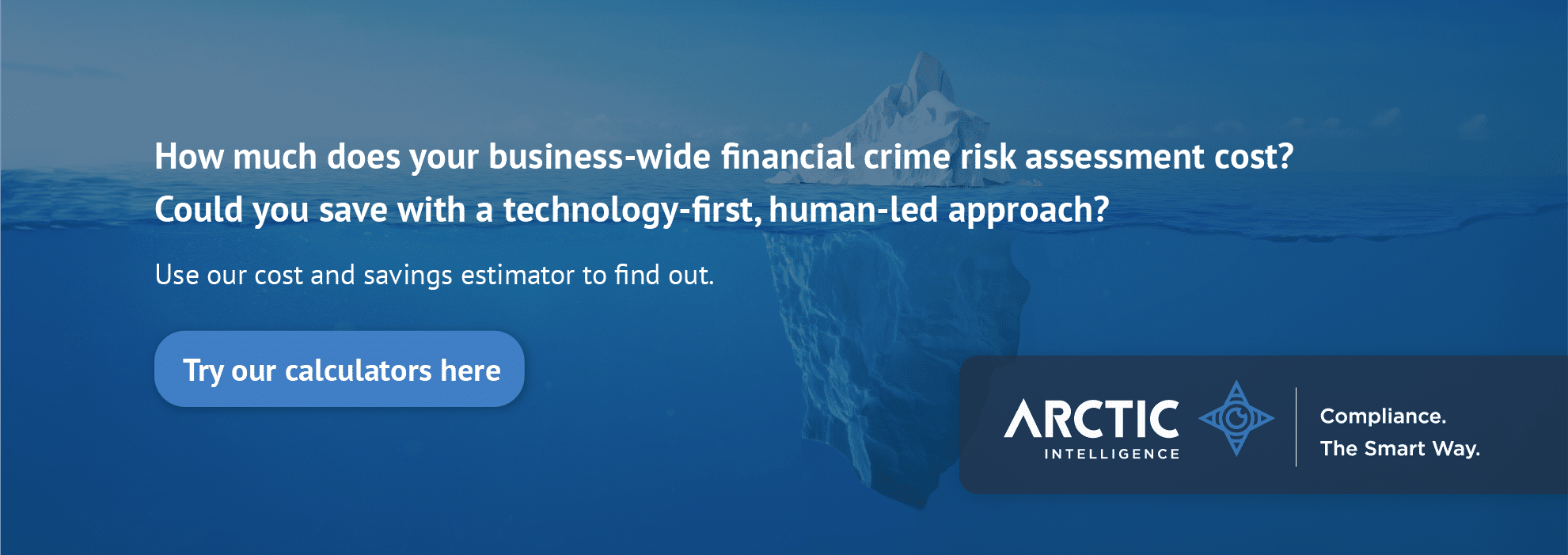Client Due Diligence (CDD) and Know Your Customer (KYC) regulations are critical components in the financial and legal landscapes, particularly for gatekeeper professions such as lawyers, accountants, real estate agents, and trust and company service providers (TCSPs). These professionals, who serve as intermediaries between their clients and the broader financial system, are often in a unique position to detect and prevent money laundering (ML) and terrorist financing (TF). As such, they play an indispensable role in maintaining the integrity of the financial system and ensuring that businesses adhere to regulatory standards.
KYC and CDD are central to preventing illicit financial activities by ensuring that professionals understand their clients’ identities, the nature of their business, and the potential risks associated with their activities. The increasing complexity and sophistication of money laundering and terrorist financing schemes necessitate that these professionals have a robust understanding of CDD and KYC practices. This article examines the regulatory frameworks that govern these practices, explores their significance for gatekeeper professions, and discusses the steps these professionals must take to comply with international standards and local regulations.
1. The Role of Gatekeeper Professions in Financial Integrity
Gatekeeper professions, such as lawyers, accountants, real estate agents, and TCSPs, are often involved in the movement of money and assets on behalf of their clients. Their responsibilities go beyond merely providing services; they are in a position to spot and report suspicious activities that could involve money laundering or terrorist financing. Due to this role, these professionals are considered “gatekeepers” in the financial system, as they can prevent illicit actors from entering the financial system through legitimate channels.
In practical terms, these professionals may be involved in activities such as:
- Facilitating the establishment of companies or trusts.
- Providing legal services, including advising on corporate structures and transactions.
- Acting as intermediaries in property transactions or real estate investments.
- Offering tax and financial planning services.
Given their involvement in transactions that can be high value, complex, and cross-border, gatekeepers are exposed to heightened risks of being exploited for illegal purposes. This is why CDD and KYC requirements are especially critical in these fields.
2. The Regulatory Framework for Client Due Diligence and KYC
The legal and regulatory framework surrounding CDD and KYC requirements has evolved significantly over the years. At its core, these regulations aim to ensure that professionals and institutions in the financial system know their clients and can assess whether any activities may involve criminal conduct.
The primary international standard-setting body for anti-money laundering (AML) and combating the financing of terrorism (CFT) efforts is the Financial Action Task Force (FATF). FATF issues recommendations that provide guidelines for member countries to follow. Many countries have incorporated these guidelines into their national legislation.
In addition to FATF, other key regulatory bodies and directives include:
- The European Union (EU): The EU has implemented several directives, including the 4th and 5th Anti-Money Laundering Directives (AMLD), which impose rigorous KYC requirements on professionals in various sectors, including law firms and real estate agencies. The directives aim to prevent the misuse of the financial system for money laundering and terrorist financing and enhance the due diligence obligations of professionals.
- The United States: In the U.S., the Bank Secrecy Act (BSA) and the USA PATRIOT Act provide the foundation for KYC requirements for financial institutions and certain non-financial businesses, including TCSPs and other gatekeeper professions. The U.S. Treasury Department’s Financial Crimes Enforcement Network (FinCEN) enforces these laws.
- The United Kingdom: The UK’s Money Laundering Regulations (MLR) require certain professionals to perform due diligence on their clients and report suspicious activities to the National Crime Agency (NCA).
These regulatory frameworks have created a comprehensive set of obligations for gatekeeper professionals, emphasising the need to perform CDD, verify the identity of clients, and monitor transactions for suspicious activity.
3. Key Principles of Client Due Diligence and KYC
Client Due Diligence and KYC requirements are designed to gather sufficient information about a client to assess the risk they present. The process involves several key steps and principles, which can vary based on the risk profile of the client and the specific nature of the services provided.
3.1. Identification and Verification of Clients
The first step in the CDD process is to obtain basic information about the client to verify their identity. For individuals, this typically includes the collection of personal details such as:
- Full name
- Date of birth
- Address
- National identity number or passport details
For corporate clients, professionals need to gather information on the company’s structure, including:
- Company name and registration details
- Ownership structure (including details of the ultimate beneficial owners)
- Nature of the business
- The source of funds
Verification involves checking the provided information against reliable, independent sources, such as government databases, credit agencies, or official identification documents.
3.2. Risk Assessment and Enhanced Due Diligence (EDD)
A critical component of CDD is assessing the level of risk posed by a client. Clients can be categorised into low, medium, or high-risk categories based on various factors, such as their geographical location, the complexity of their transactions, or their business sector.
For clients who pose a higher risk (e.g., individuals or entities from high-risk jurisdictions, politically exposed persons (PEPs), or those engaged in complex financial transactions), enhanced due diligence (EDD) measures are required. EDD includes more rigorous checks, such as:
- Obtaining additional information about the client’s source of wealth and source of funds.
- Conducting background checks.
- Verifying the legitimacy of the client’s business activities.
3.3. Ongoing Monitoring of Client Relationships
CDD and KYC are not one-time processes; they require continuous monitoring of client relationships. Professionals must assess any changes in the client’s behaviour, transactions, or risk profile. This can involve:
- Monitoring transaction patterns to identify unusual or suspicious activity.
- Periodically updating client information to ensure it remains accurate.
- Reporting suspicious activity to the relevant authorities.
Ongoing monitoring also includes the ability to quickly suspend or terminate a business relationship if the professional suspects illicit activity.
4. Challenges for Gatekeeper Professions in Complying with CDD and KYC Regulations
Despite the clear regulatory requirements, gatekeeper professions face several challenges in complying with CDD and KYC obligations:
- Complexity and Resources: CDD and KYC processes can be complex and time-consuming, particularly for smaller firms without dedicated compliance departments. This complexity can increase with clients who have complex or opaque ownership structures, particularly in cross-border transactions.
- Privacy Concerns: Lawyers, in particular, must balance their obligations to protect client confidentiality with the need to comply with KYC and CDD requirements. This can create tension, especially in jurisdictions with strong privacy laws.
- Inconsistent Implementation: Different countries and jurisdictions have varying regulations regarding CDD and KYC, leading to inconsistencies in the implementation of these measures. Professionals who operate across borders must stay informed about local laws and adjust their compliance practices accordingly.
- Risk of Non-Compliance: Failure to comply with CDD and KYC regulations can result in severe consequences, including hefty fines, reputational damage, and, in some cases, loss of license. The penalties for non-compliance can be particularly severe for professionals in gatekeeper roles due to their involvement in high-risk financial transactions.
5. Best Practices for Gatekeeper Professions
To mitigate the risks associated with money laundering and terrorist financing, gatekeeper professionals must adopt robust compliance frameworks. Some best practices include:
- Establishing Clear Compliance Policies: Firms should implement comprehensive internal policies and procedures that detail the steps to take for CDD, KYC, and reporting suspicious activities.
- Training and Awareness: Continuous training programs for employees help ensure that everyone within the firm understands their obligations and the importance of compliance.
- Use of Technology: Leveraging advanced technology, including automated identity verification systems and risk-scoring tools, can help streamline the CDD and KYC processes.
- Collaboration with Regulators: Professionals should maintain open lines of communication with regulators to stay updated on regulatory changes and ensure they remain compliant.
Conclusion
Client Due Diligence and Know Your Customer requirements are essential components of the fight against financial crime. For gatekeeper professions such as lawyers, accountants, real estate agents, and trust and company service providers, these requirements are not only legal obligations but also key to maintaining the integrity of the financial system. Through robust CDD and KYC processes, these professionals can help detect, prevent, and report suspicious activities, contributing to a safer and more transparent financial system. However, the challenges involved in complying with these regulations are significant, requiring gatekeepers to be vigilant, informed, and proactive in their approach. By adhering to best practices and staying up-to-date with regulatory changes, these professionals can fulfill their role in safeguarding the financial system while mitigating the risks of non-compliance.



